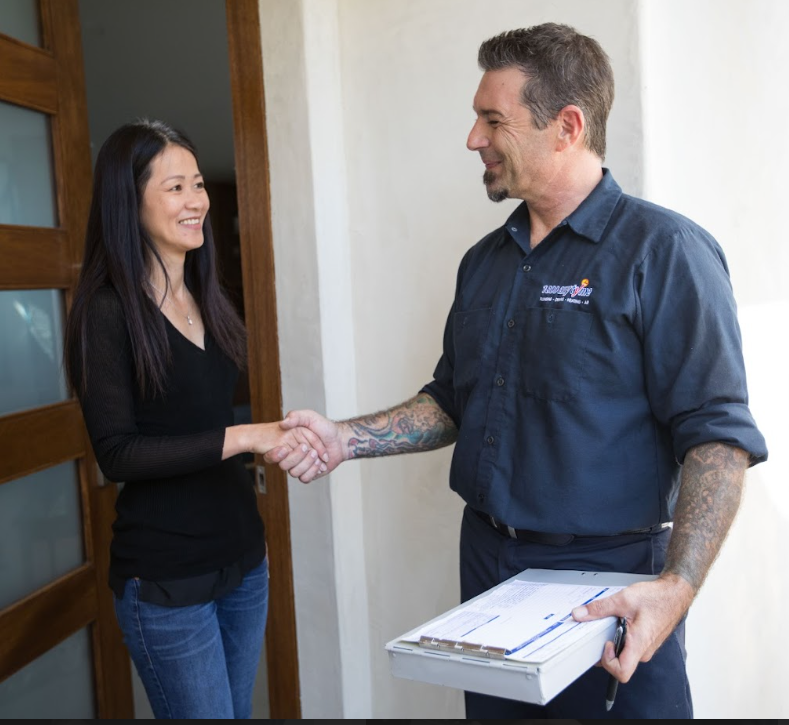Home Energy – Efficiency & Audits

Home Energy – Efficiency & Audits
Lower your household costs by regularly scheduling a home energy audit to improve and evaluate what Mature Couplemeasures you can take to make your home more energy efficient.
A home energy audit is the first step every homeowner must do in order to assess how much energy your home is consuming. An audit will show you problems that may, when corrected, save you significant amounts of money over time. During the audit, you can isolate that areas where your house is losing precious energy and in result, your hard-earned money. Home energy audits also determine the efficiency of your home’s heating and cooling systems. An audit may also show you ways to conserve hot water and electricity. You can perform a simple energy audit yourself, or have a professional energy auditor carry out a more thorough audit on your home.
A professional energy auditor uses a variety of techniques and equipment to determine the energy effectiveness of a structure. Thorough audits often use equipment such as blower doors, which measure the extent of leaks in the building envelope, and infrared cameras, which reveal hard-to-detect areas of air infiltration and missing insulation.
Professional Home Energy Audits:
Professional energy audits normally involve multiple factors. Before the energy auditor visits your house, make a list of any existing problems such as condensation and uncomfortable or drafty rooms. Your energy auditor should do a room-by-room inspection of the residence, as well as a comprehensive assessment of your past utility bills. Auditors use this information to establish what to look for during the audit. The auditor first examines the outside of the home to determine the size of the house and its features. Walk through your home with your auditors as they work, and feel free to ask any questions.
Do-It-Yourself Home Energy Audits:
Don’t worry! You can easily perform a home energy audit all by yourself. With a simple but thorough walk-through, you can spot various problems in any type of house. When auditing your home, keep a list of the areas you have already inspected and all of the problems you found during your inspection. This list will help you prioritize your energy efficiency upgrades.
Let’s get started. First, make a list of the obvious air leaks or drafts you notice in your house. The potential energy savings from reducing drafts in a home may range from 5% – 30% per year, and the home is usually much more comfortable afterward. Check for indoor air leaks, such as gaps along the baseboard or edge of the flooring and at junctures of the walls and ceiling. Also look for gaps around pipes and wires, electrical outlets, foundation seals, and mail slots. Check to see if the caulking and weather stripping are applied properly, leaving no gaps or cracks, and are in good condition.
Heat loss through the ceiling and walls in your home could be very large if the insulation levels are less than the recommended minimum. When your house was built, the builder likely installed the amount of insulation recommended at that time. Given today’s energy prices (and today rising energy costs), the use of insulation level might be inadequate, especially if you have an older home.
Inspect heating and cooling equipment annually, or as recommended by the manufacturer. If you have a forced-air furnace, check your filters and replace them as needed. Generally, you should change them about once every month or two, especially during periods of high usage. Have a professional check and clean your equipment once a year.
If the unit is more than 15 years old, you should consider replacing your system with one of the newer, energy-efficient units. A new unit would greatly reduce your energy consumption, especially if the existing equipment is in poor condition.
Need Help Changing Your Air Filters?
Are your air filters in a difficult location? Do you need help changing them? Contact Anytyme at (800) 656-3569 or via our contact form for quick and reliable services.
